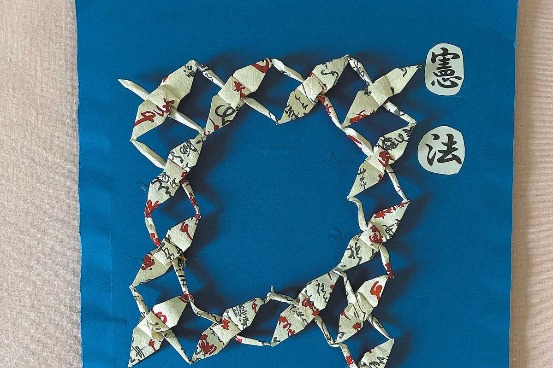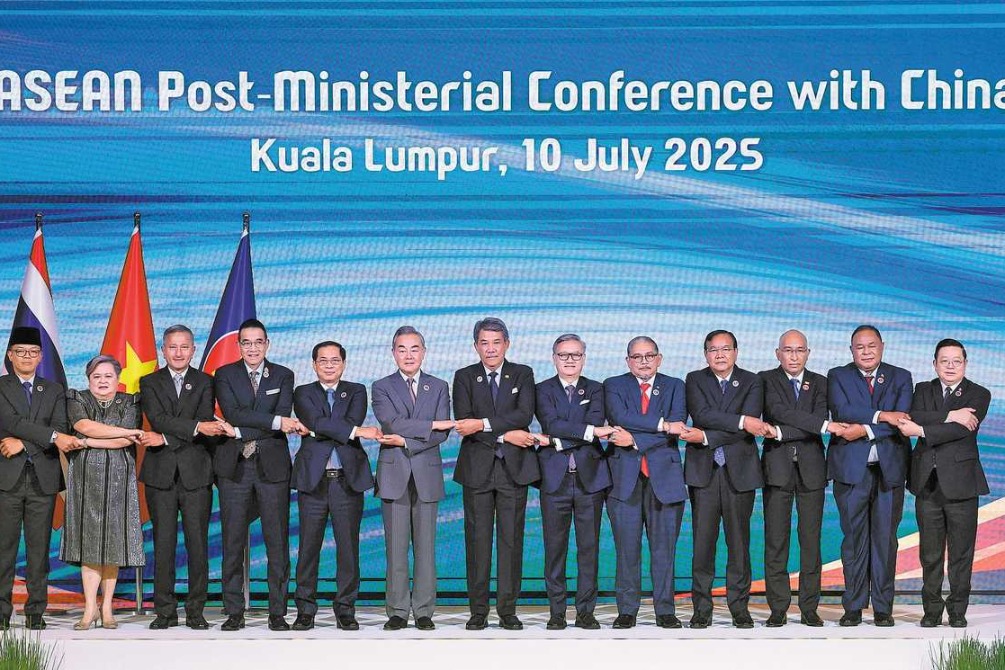Memorial for Korean laborers held in Japan

SADO, Japan — South Korea paid tribute to wartime Korean forced laborers at Japan's Sado Island Gold Mines in a memorial ceremony on Monday, a day after boycotting a similar event organized by Japan, as tensions over historical atrocities continue to strain relations between the two sides.
Monday's ceremony at a former dormitory near the 16th-century Sado Mines, which were listed this summer as a UNESCO World Heritage site, was organized by South Korea's Foreign Ministry and attended by nine family members of Korean wartime laborers, the country's ambassador to Japan and other officials.
About 1,500 Koreans were forced to labor at the mines under abusive and brutal conditions during World War II, historians say.
Japanese officials at Sunday's ceremony paid tribute to "all workers", including Korean laborers who died at the mines, without acknowledging that they were forced laborers — part of what critics call a persistent policy of whitewashing Japan's history of sexual and labor exploitation before and during the war.
Disagreements cited
The ceremony, which was supposed to further heal wounds, renewed bad feelings between the two sides. South Korea boycotted Sunday's memorial service, citing unspecified disagreements with Tokyo over the event.
There was speculation that the South Korean boycott was related to Parliamentary Vice-Minister for Foreign Affairs Akiko Ikuina's attendance at Sunday's ceremony.
Ikuina reportedly visited Tokyo's Yasukuni Shrine in August 2022, weeks after she was elected as a lawmaker. Japan's neighbors view Yasukuni, which commemorates 2.5 million war dead, including war criminals, as a symbol of Japan's past militarism.
At the Korean-sponsored memorial on Monday, South Korea's Ambassador to Japan Park Cheol-hee offered his condolences to the forced laborers and their families in a short speech, expressing hope that the memorial would bring comfort to families. He said South Korea and Japan should both make efforts to ensure that the painful wartime history is remembered.
"We will never forget the tears and sacrifices of the Korean workers behind the history of the Sado mines," Park said.
The Sado mines were registered as a UNESCO cultural heritage site in July after Japan agreed to include an exhibit on the conditions of Korean forced laborers and to hold a memorial service annually, following repeated protests from the South Korean government.
Agencies via Xinhua































